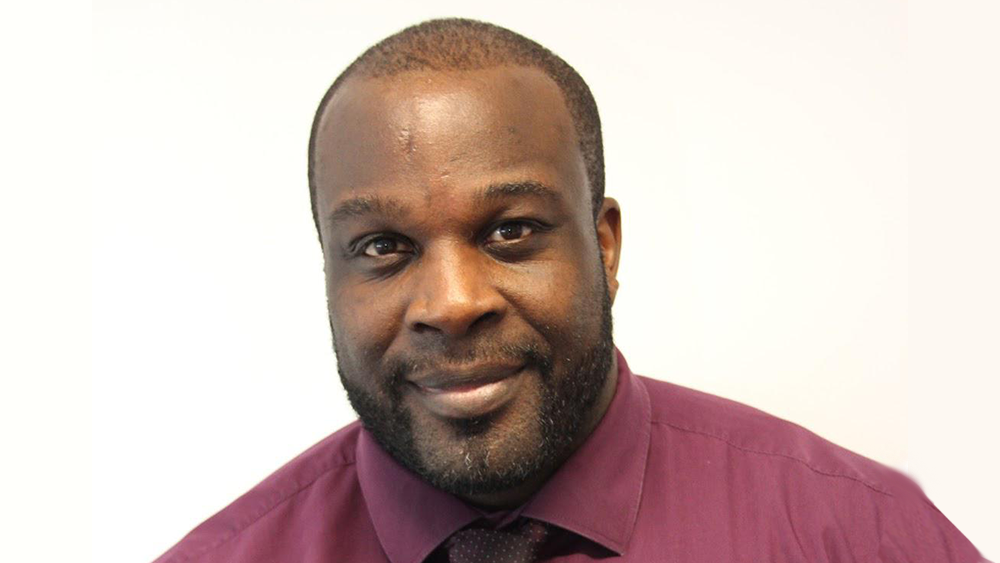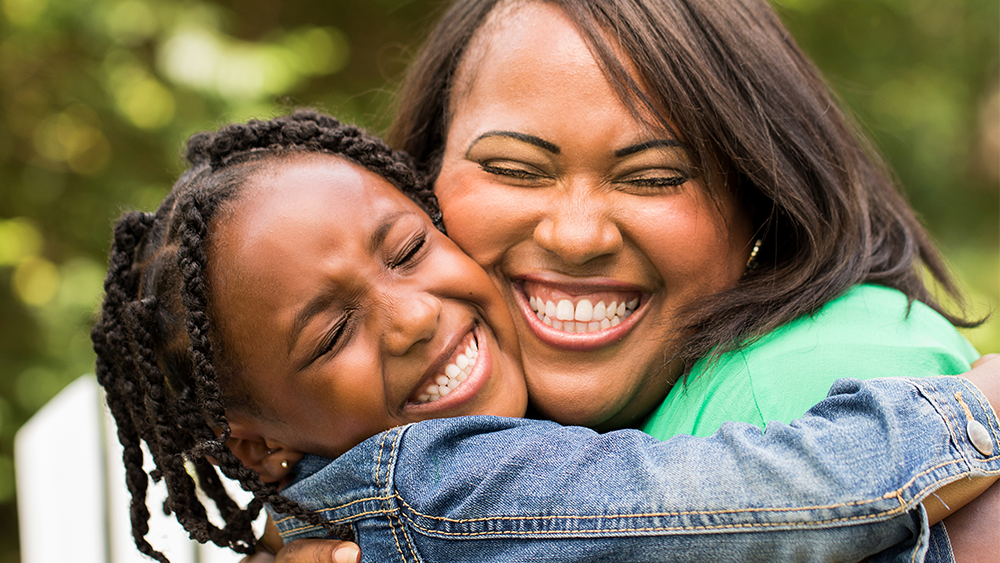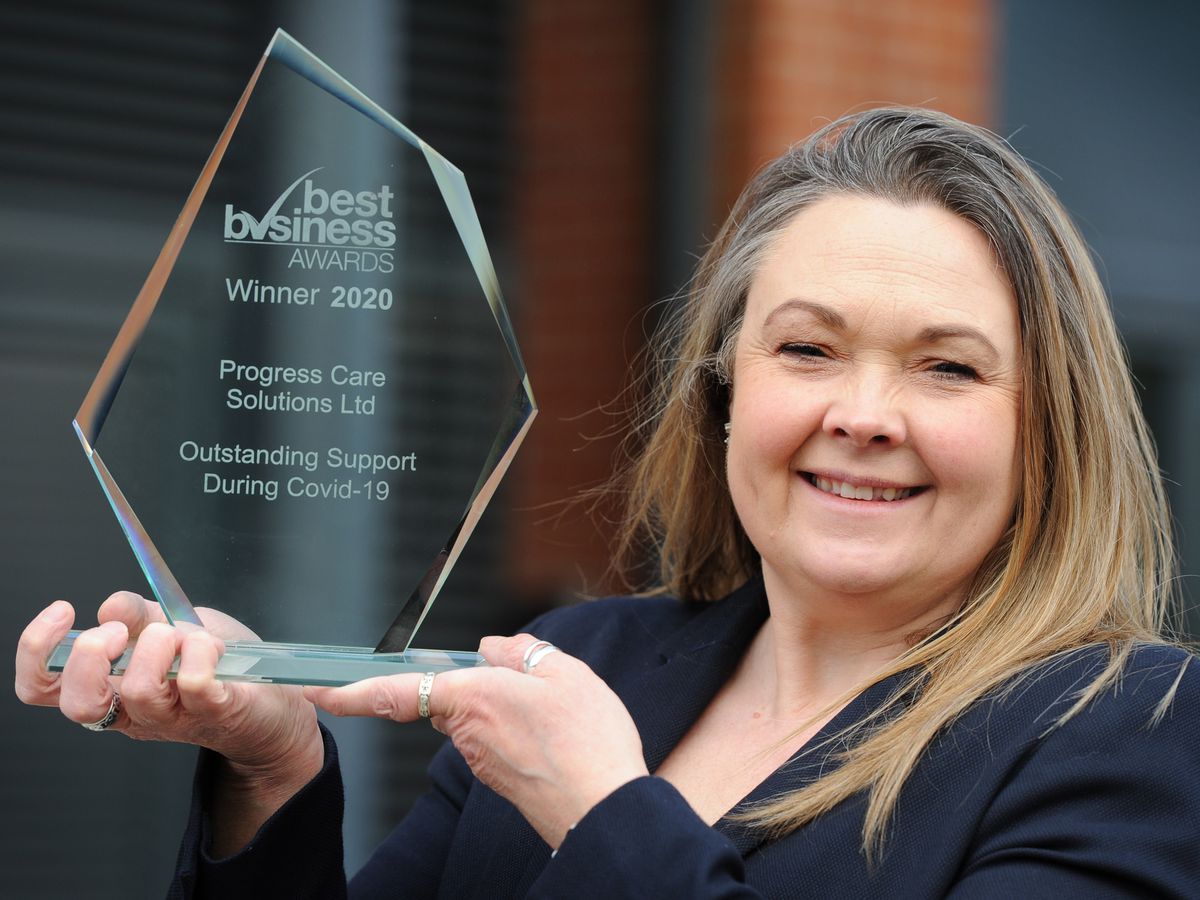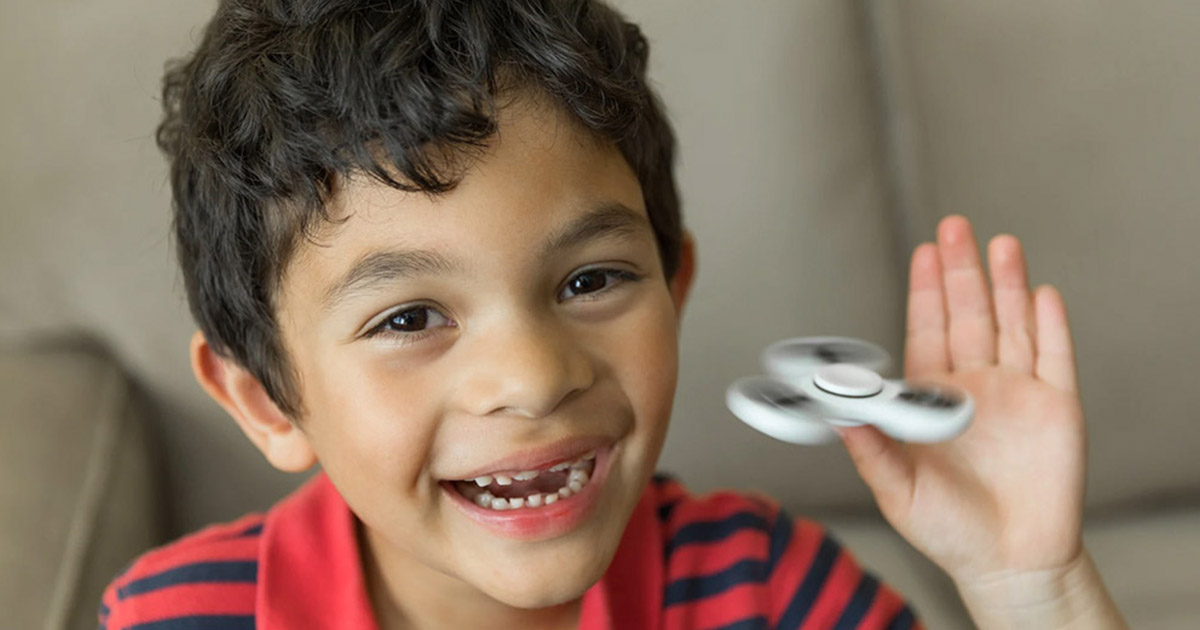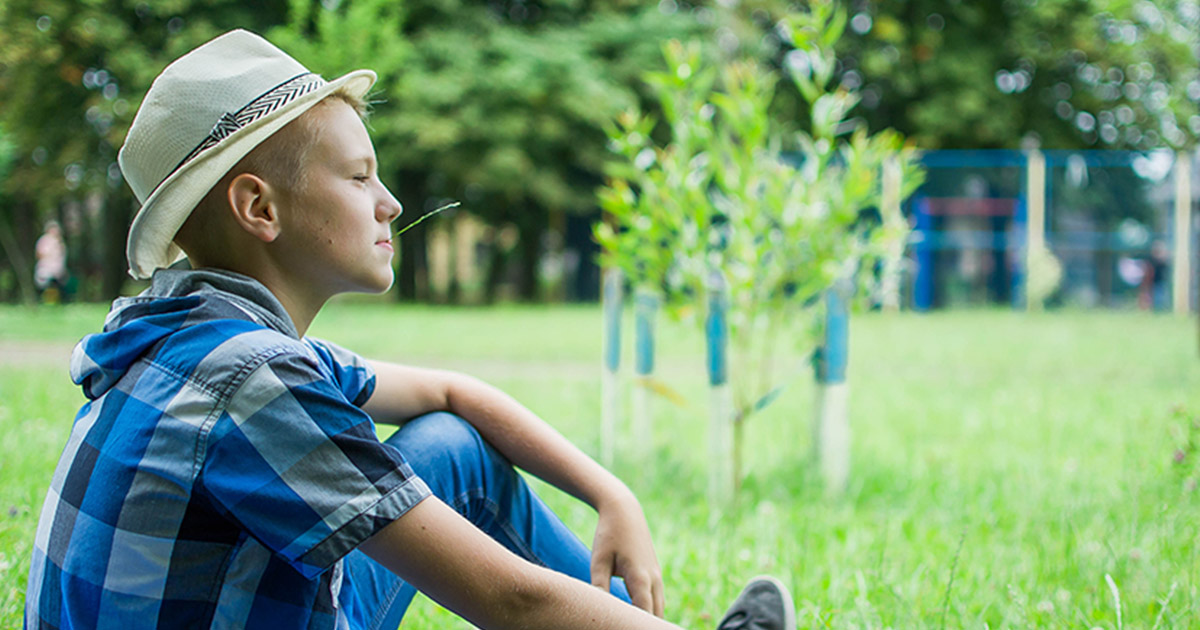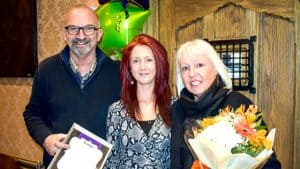The community support worker on the importance of mentors, giving back, and listening.
I am a head of the year in a mainstream secondary school and have been doing this for the last thirteen years. Some of the children in the school are in care or have SEN (special education needs). I wanted to gain a deep understanding of where the young people were coming from for my professional development. If I can understand them and their feelings, I could support them.
I was involved in sports as a youngster. I played a lot of basketball and got mentored by world-class coaches. There was also a Headteacher who supported me at school. I learned about dedication, discipline and working hard in my formative years. These experiences inspired me as an adult to share the knowledge they gave me with other young people.
Looking at mental health provision is under my remit in school. I want to understand the behaviours the children were showing. Why is a young person sad or anxious? Some research led me to find out about Progress and a community support worker role. By becoming a support worker, I knew that I would understand how to support young people effectively.
It is important to listen to young people and allow them to talk. I try to find solutions for their problems. There was a pupil (in care) that arrived at school upset. Within half an hour of the start of the first lesson, he was in detention because he had forgotten his PE kit and missed the class. The young person was upset that he had lost the timetable, and the care home he was in knew nothing about this. I contacted his support workers and emailed the timetable to the home. The support workers placed the sheet on his bedroom wall. If the tools are there, a young person can take responsibility for themselves.
The first session with young person in community care is a challenge. You are entering a young person’s life, and they do not want to let go of their home setting or meet anyone new. The key is to listen and engage. Find their interest. For example, I know nothing about gaming. The young person in my care educates me about a game that he is playing. That conversation will lead to other things in life.
I like to give back. I do not want to see people stuck in a rut. If I can support and change a life, I will. I want to think that if I were in the same situation, someone would do the same for me. My coaches, parents, grandparents, friendship group, have all played a part in me being able to give back.
There must be role models for young people. Social media can easily influence young people by having someone look out for them, it can change their lives.




